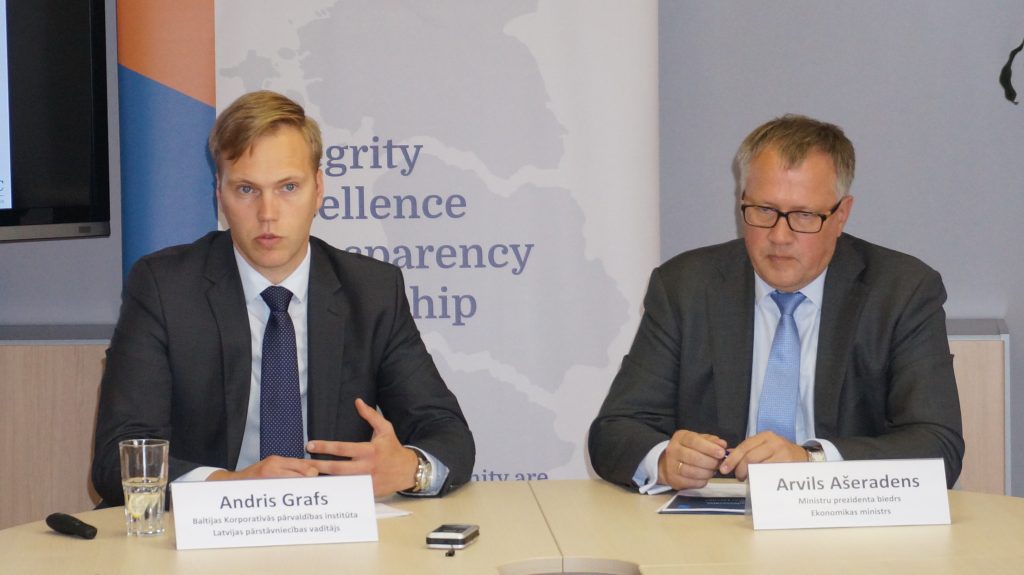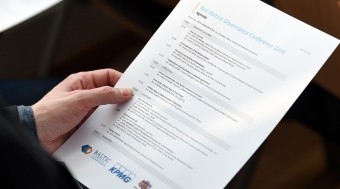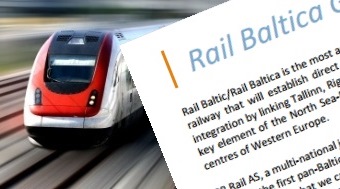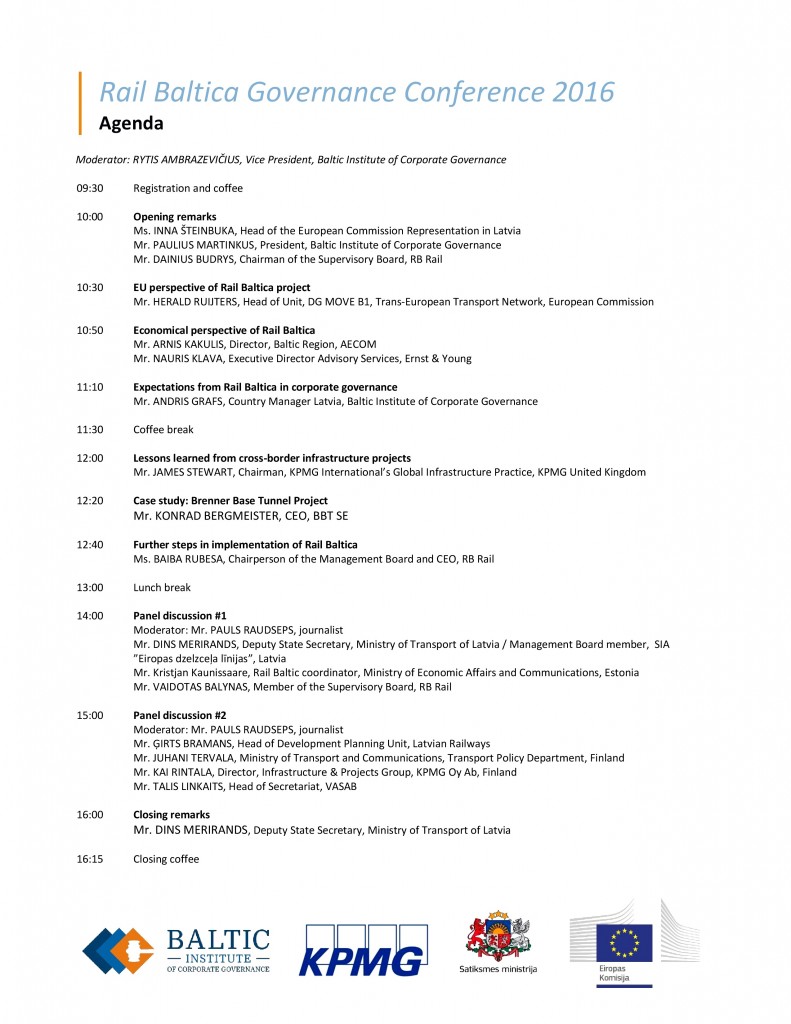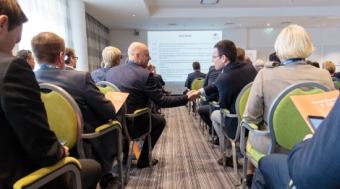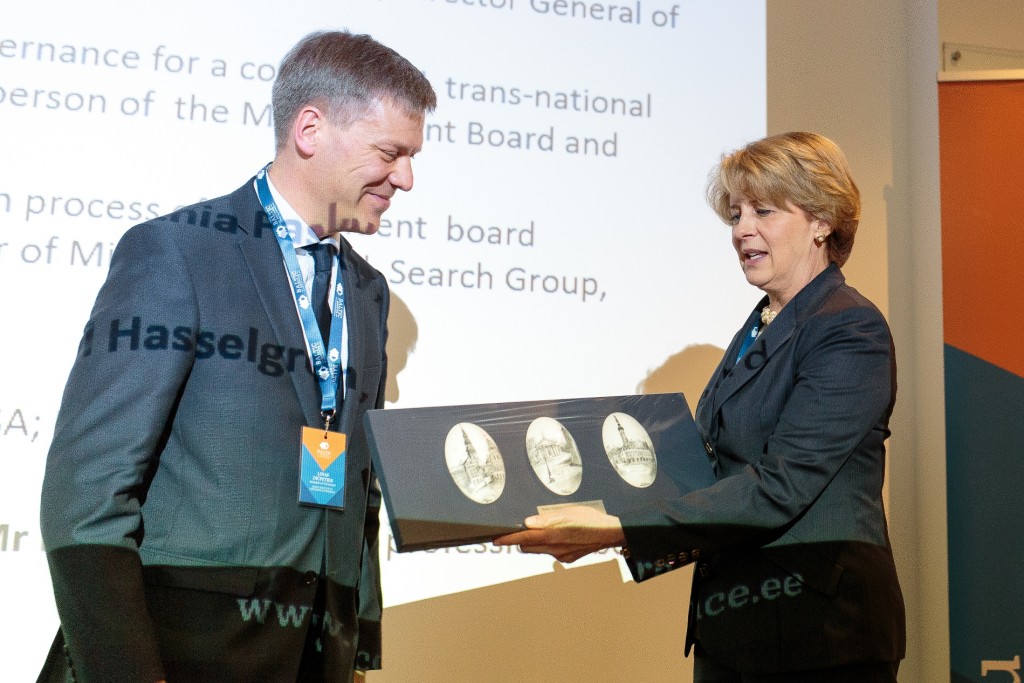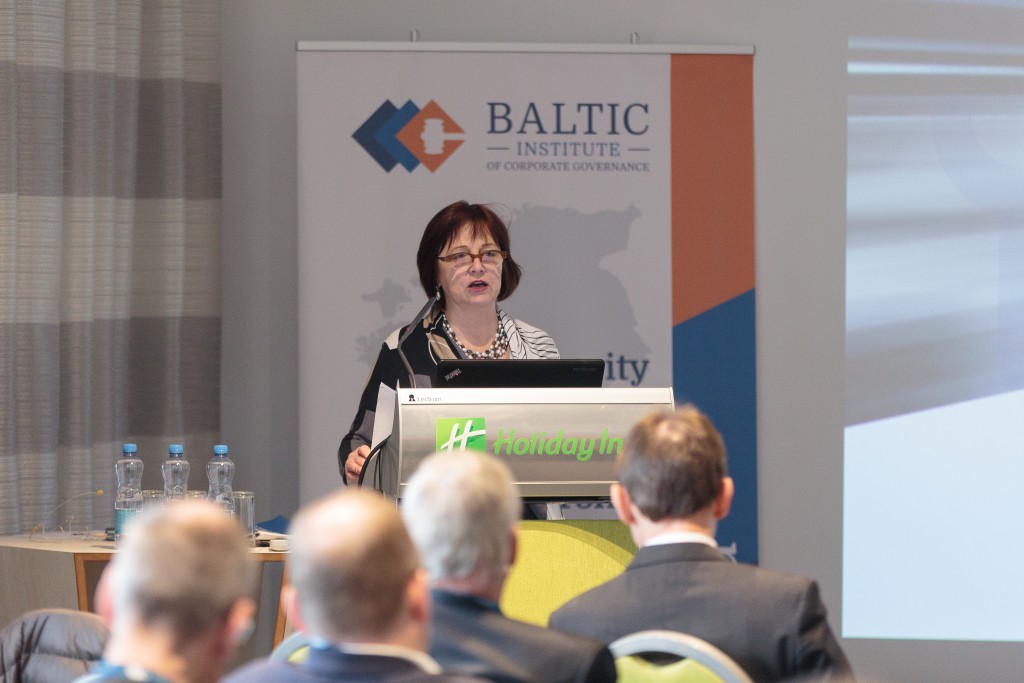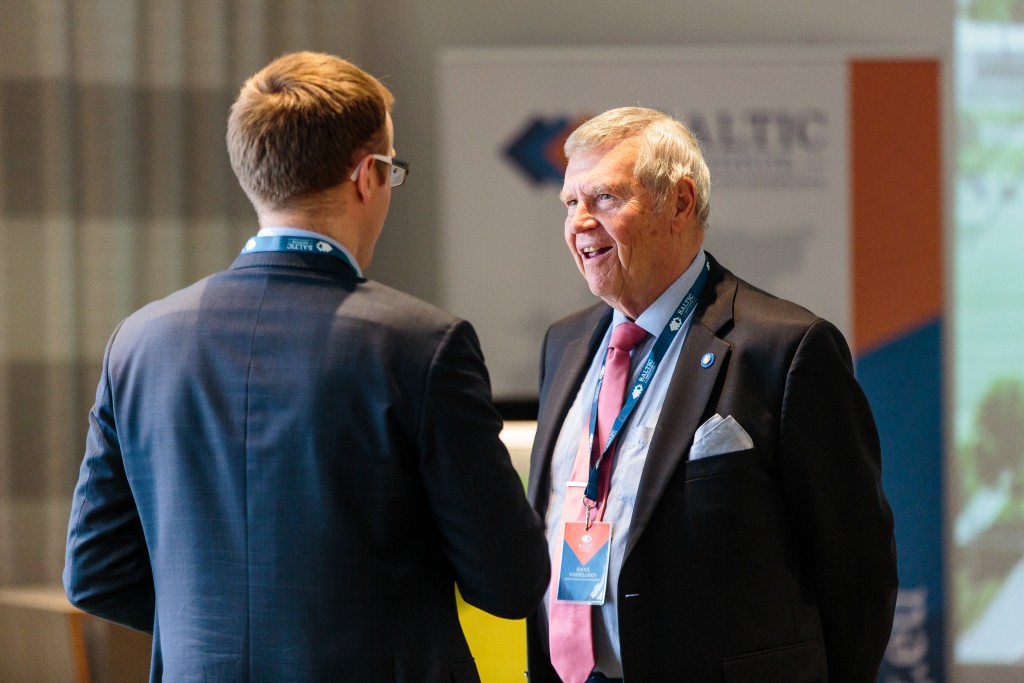It is supported by research and international experience, that Rail Baltica project, which envisions a continuous rail link from Tallinn to Warsaw, will present significant impact on the entire region. However, to make it a success story, it will be crucial to ensure consistent adherence of internationally recognised governance principles. Definite division of responsibilities between shareholders, the Supervisory Board and the...
It is supported by research and international experience, that Rail Baltica project, which envisions a continuous rail link from Tallinn to Warsaw, will present significant impact on the entire region. However, to make it a success story, it will be crucial to ensure consistent adherence of internationally recognised governance principles. Definite division of responsibilities between shareholders, the Supervisory Board and the management, as well as clear, competitive and non-discriminatory procurement procedures should be introduced.
The Baltic Institute of Corporate Governance (BICG) looks forward to the project being implemented in adherence with the principles of good governance and transparency, as discussed at the Rail Baltica Governance Conference 2016, held on the 29th of April in Riga.
During the conference, five pillars for Rail Baltica corporate governance were introduced, defining high expectations for the project and the joint venture RB Rail in corporate governance. These pillars are:
- Clear objectives and assessment of outcomes,
- Effective governance structure,
- Transparency and disclosure,
- Effective use of resources,
- Responsible business conduct and stakeholders engagement.
“We must learn from historic failures and success stories, and implement our future projects with better project governance at the national and international level. I am certain that Rail Baltica has excellent opportunity to become a new role model for corporate governance, innovation and sustainable business conduct,” said Andris Grafs, Country Manager in Latvia of BICG.
The first step would be for the shareholders to reach agreement on the scope of the joint venture activities. There is also a need for clear division of specific rights and responsibilities among shareholders, Supervisory Board and Management Board of the joint venture.
Baltic States have to wisely use the granted unprecedentedly high financing by the EU (85% until 2020), in order to get further financing, which is necessary for continuing the construction in the 2021-2027 period. Corporate governance matters are key in ensuring that objective. Therefore procurement procedures should be clear and competitive, non-discriminatory and safeguarded by appropriate standards of transparency and integrity, not imposing unnecessary burdens.
The economic benefits of Rail Baltica are expected to materialise already during the construction stage, including creation of new jobs and development opportunities for local business along the future rail line. As a result, additional taxes will also be paid to the governments of all three Baltic States.
The objective of the Rail Baltica Governance Conference 2016 was to evaluate the key challenges to be faced during the implementation of Rail Baltica, to discuss opportunities to introduce internationally recognized corporate governance practices, as well as the economic impact of Rail Baltica. More than 60 transport and corporate governance experts from Finland, UK, Italy and Baltic States, as well as other stakeholders participated in the conference to discuss the experience in implementing large cross-border and regional infrastructure projects. More than 4000 vewers watched the conference in live broadcast.
The conference was organised by the BICG, in cooperation with the international advisory firm KPMG, the Ministry of Transport of Latvia and the Representation of the European Commission in Latvia.
Photos of the conference:
https://goo.gl/japFA0
Presentations and videos of the conference:
Opening remarks
EU perspective on Rail Baltica project (Mr HERALD RUIJTERS)
Economical perspective on Rail Baltica (Mr ARNIS KAKULIS, Mr NAURIS KLAVA)
Expectations from Rail Baltica in corporate governance (Mr ANDRIS GRAFS)
Lessons learned from cross-border infrastructure projects (Mr JAMES STEWART)
Case study: Brenner Base Tunnel Project (Mr KONRAD BERGMEISTER)
Further steps in implementation of Rail Baltica (Ms BAIBA RUBESA)
Panel discussion #1
Panel discussion #2
Closing remarks
Press release (EN)
For more information, please contact:
Andris Grafs
Country Manager Latvia
Baltic Institute of Corporate Governance
+371 297 84407
andris[at]bicg.eu










